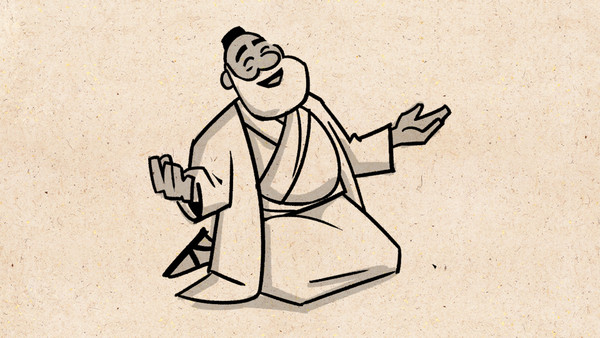
8:26

How can one man’s suffering offer hope to future generations? Though not written to be a part of the Hebrew Bible, Tobit was authored by an Israelite deeply familiar with Scripture, and it is included in Catholic and Orthodox Bibles. Tobit’s suffering and restoration during the Assyrian exile offered hope to Jewish communities during later exiles.
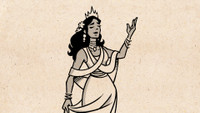
Episode 3
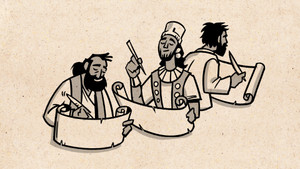
Episode 1

Episode 2

Episode 3
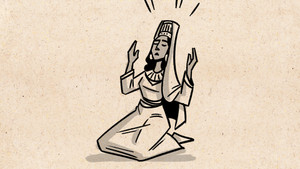
Episode 4
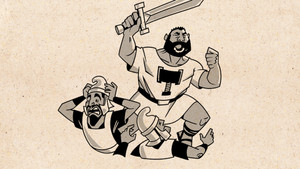
Episode 5
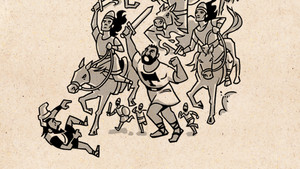
Episode 6
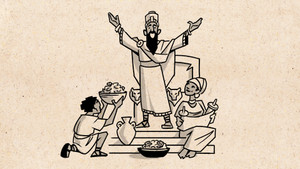
Episode 7
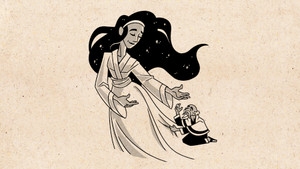
Episode 8
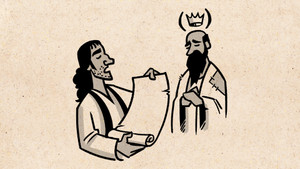
Episode 9
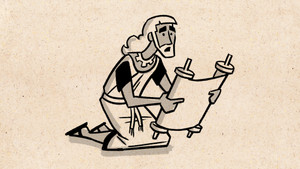
Episode 10